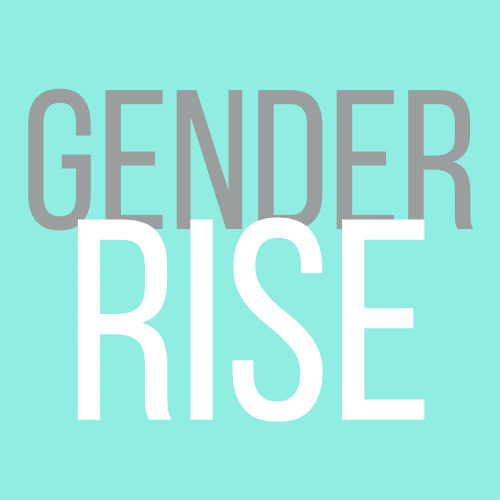Gender And Business: What Are We Missing And Why The World Of Entrepreneurship Is Where It’s At?

On the 1st of November 2018, more than 20,000 Google employees (comprising more than a fifth of its total staff) staged walkout demonstrations across 50 cities worldwide, targeting the workplace discriminative culture, sexual harassment and gender inequality prevailing in the corporate tech giant. This event and its aftermath indicate a pivotal moment in history, joining the #Me Too and resulting Time’s Up movements, the UK gender pay gap reporting and the rising new workplace standards of the Millennials and Z generations. Never before has our society been so clearly ready for a gender-based paradigm shift, never before has the topic of gender and business been so relevant to this change, and never before has the survival of companies of all sizes been so dependent on the way they will navigate this rising storm. The success or failure of this challenge lies in the way businesses, and startups, in particular, will understand and approach the issue of gender, and the extent of the measures they will be willing to undertake to support this shift.
Established companies are the ones who are now required to make the biggest shift, looking for ways to assign more women in high ranking positions, close down the gender pay gap, provide better parental leave and flexible work options, establish new mechanisms for sexual harassment reporting and support, provide an inclusive environment for LGBTI+ employees and more. These organizations are asked to rethink their priorities, set new targets and allocate adequate budgets to meet the ongoing rising demand for gender equality and diversity.
However, when we start looking at gender equality as a sustainability issue, the problems that established companies are now facing, if addressed properly, could prove to be great advantages. As research from Mckinsey & Co, Catalyst, Morgan Stanley. World Economic Forum, and Sodexo show, gender diverse businesses clearly demonstrate:
* Improvement in productivity and economic growth,
* Decrease in turnover,
* Better managerial decision making and problem-solving,
* Increase in employees’ engagement, satisfaction and performance, and
* Improved reputation with audience, employees and potential talent pool.
Therefore, when it comes to the world of entrepreneurship, we are looking at a priceless opportunity to get things right from the start, contributing to the startup’s sustainability, creativity, and profitability, while saving time and money spent on the creation of new positions, unconscious biases and sexual harassment training, building third gender / all genders facilities, reacting to bad publicity, dealing with potential lawsuits and more…
Across all industries, new businesses can seek professional consultancy and establish policies and work codes, supported by local and international legal instruments, that will place them in the forefront of this inevitable ongoing change, meeting challenges with open arms and minds, rather than reacting to them only when the problems become too loud to ignore.
For that purpose, incubators and accelerators can and should act as leaders and include gender and business workshops and mentorship to ensure their startups establish good practices. However, to facilitate true equality, we must first change our understanding and approach to the term ‘Gender’.
Currently, the general approach to gender in business is fragmented, inconsistent and misleading. First, businesses identify the term ‘Gender’ with either ‘Women’ or ‘LGBTI+’ (and in the best-case scenario, both) and therefore they think that they can reach gender equality by only focusing on these groups. Second, as a result of the previous assumption, companies tend to think that gender equality is only an ethical issue aimed to include the above-mentioned underprivileged groups. Both these assumptions are misleading and incomplete, resulting in limited outcomes.
So what are we missing? Perspective. What the common approach fails to address is that ‘Gender’ is an organizing element of social life. It is a social structure, where power, ideas and values are institutionalized in various complex ways and are infused in both public and private spheres. Therefore, gender equality can contribute to businesses’ sustainability so long as we address all the ways a particular company reflects this unbalanced division of power and values across all genders and gendered socialisations. In other words, we must address men and masculinities as well.
It is time to move beyond the fragmented approach to gender in the workplace, tackling issues of women, men, and LGBTI+ separately from each other. If the business world wishes to keep ahead of the curve and make a genuine shift towards gender equality, we must address the underlying values at the core of our gender social structure and recognize the various rising gender issues as direct and indirect results of an imbalanced system. The zeitgeist – the spirit of our time, is reflected in the world of entrepreneurship. If we are going for real change, that’s where it’s at!



